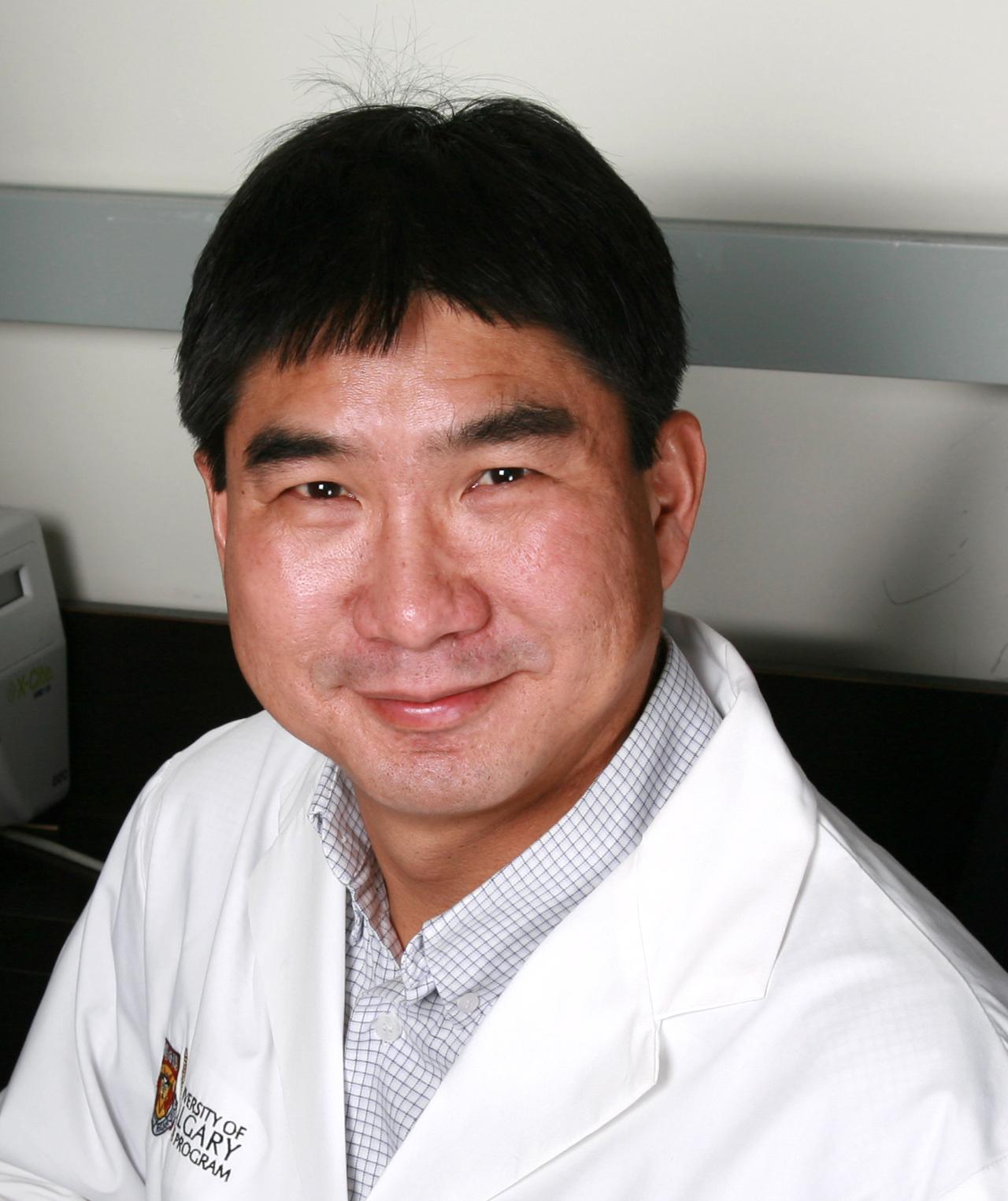Dr. Wee Yong
Researcher, Professor and Head of Translational Neuroscience

His laboratory results have been translated into eight clinical trials. Dr. Yong has published over 400 manuscripts which have been cited >45,000 times (h-index of 116). He has mentored 32 trainees who have become professors at universities worldwide. Dr. Yong has been the President of the International Society of Neuroimmunology, and he continues to co-direct its Americas and Global Schools. Dr. Yong is an elected fellow of the Canadian Academy of Health Sciences and the Royal Society of Canada. He is a recipient of the Allyn Taylor International Prize in Medicine. Dr. Yong was profiled in the August 2021 issue of Lancet Neurology.
Learn More about Dr. Yong
What is the focus of your research? How did you become interested in MS research?
We work on several projects in MS. We seek to try to reduce the overactive immune subsets that injure cells in the brain of people with MS. On the other hand, we are seeking to mobilize a useful aspect of immune cells, which is to help repair an injury. In this manner, we are trying to balance the role of the immune system and sway that towards one of benefit and repair rather than injury.
Much progress has taken place in MS over the past 20 years. There are now many strategies to control the detrimental impact of certain activated immune cell populations that are problematic in MS. The next frontier is before us, which is how to elicit recovery in those living with MS. In that regard, we hope that the work we do will make a difference and also to steer the field in the right direction for some time to come.
What inspires you to continue advancing research in this field?
The courage of the individuals living with MS and the fortitude that they display inspire my continuing involvement in MS research.
How do you hope to change the lives of people living with MS through your research?
The prospect that we can help repair lesions that have formed, and potentially recover some lost deficits, is the most exciting development in MS research, in my opinion. I hope that my research can lead to the improved capacity of people living with MS to take control of their MS, and to have an improved quality of life despite living many years with MS.
What do you enjoy most about your research? What are some of the challenges you face?
I enjoy everything about my research – interactions with dedicated and smart trainees, watching these learners grow to become internationally competitive scientists, making new discoveries frequently, constantly learning new things, interacting with motivated and bright colleagues, and making progress.
Challenges include the ever-increasing cost of doing research, the worry that grants may dry up before a project is completed, the increased competitiveness of getting grants as the quality of research and applicants is on an exponential growth (a good thing), and having access to the most cutting edge techniques.
How important is the support from MS Canada in your research?
Very critical. MS Canada funds the most research and trainees working on MS across Canada, and that resource has been most invaluable.